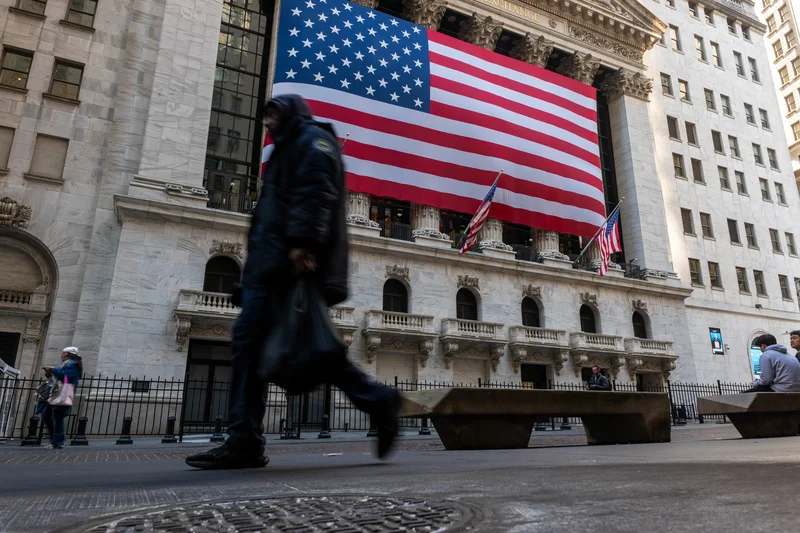Connecting Data to Wealth Creation
Connecting Data to Wealth Creation
The stock market took a nosedive Thursday, with the Dow shedding nearly 800 points. The immediate culprit? Fear. Specifically, fear that tech valuations had gotten ahead of themselves. But the deeper issue, the one that should really worry investors, is the gaping hole in economic data left by the government shutdown. It's not just about missing a few numbers; it's about flying blind at a critical juncture.
The market had been pricing in a December rate cut as practically a done deal. The CME FedWatch tool showed those odds at 95% last month. Now? Closer to a coin flip. That's a seismic shift in expectations, and it's all tied to the uncertainty swirling around key economic indicators. We're talking inflation, jobs—the stuff the Fed uses to steer the ship.
Here's the problem: some of October's data wasn't even collected. The White House is already suggesting that key reports will "likely never be released." Karoline Leavitt, the White House press secretary, went so far as to say that released economic data will be "permanently impaired." That’s not exactly reassuring.
Carol Schleif, chief market strategist at BMO Private Wealth, anticipates market chop as the government gets back in gear. And while she still expects a December rate cut, the data blackout makes that decision significantly harder for the Federal Reserve.
The real kicker is the long-term impact. Capital Economics analysts point out the challenge facing statisticians who now have to survey firms and households after the fact to fill in the gaps. They suspect, and I tend to agree, that the Bureau of Labor Statistics (BLS) might not even publish labor market measures based on the Household Survey for October, like the unemployment rate.

Think about that for a second. No unemployment rate. No hours worked. For an entire month. How are policymakers supposed to make informed decisions when they're missing crucial pieces of the puzzle?
And this is the part of the report that I find genuinely puzzling. It's not just about the absence of data, it's about the quality of whatever data does eventually trickle out. If response rates to surveys are already low (and they are), how reliable will reconstructed data be? What kind of biases will creep in when people are asked to recall events from weeks or months ago?
We're not just talking about a temporary inconvenience; we're talking about a potentially lasting distortion of the economic picture. The Fed relies on accurate data to fine-tune its monetary policy. If that data is flawed, the Fed's actions could be misguided, with potentially serious consequences for the economy.
The market's reaction on Thursday—a sharp sell-off, particularly in the tech sector—was a symptom of this underlying anxiety. Investors hate uncertainty, and the data blackout has created a fog of uncertainty around the economic outlook. As Stock Market Today: Tech Leads Sell-Off After Government Reopens reports, tech stocks were particularly hard hit.
The market overreacted, as it always does. But the underlying concern is valid. The government shutdown wasn't just a political squabble; it was an act of economic self-sabotage. The long-term consequences of this data void could be far more damaging than a single day's market dip. The odds of a rate cut are down, yes, and the possibility of "market chop" is certainly on the horizon. The shutdown has created a blind spot, and we're all driving into it at 75mph.